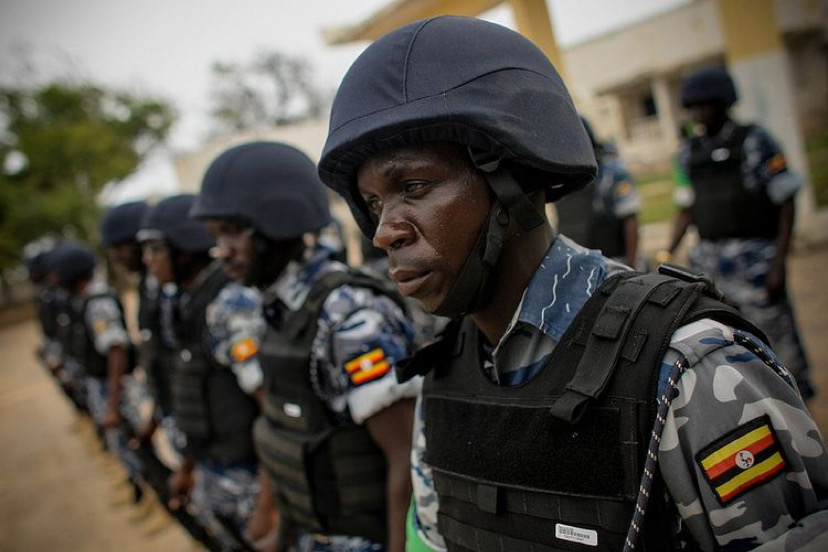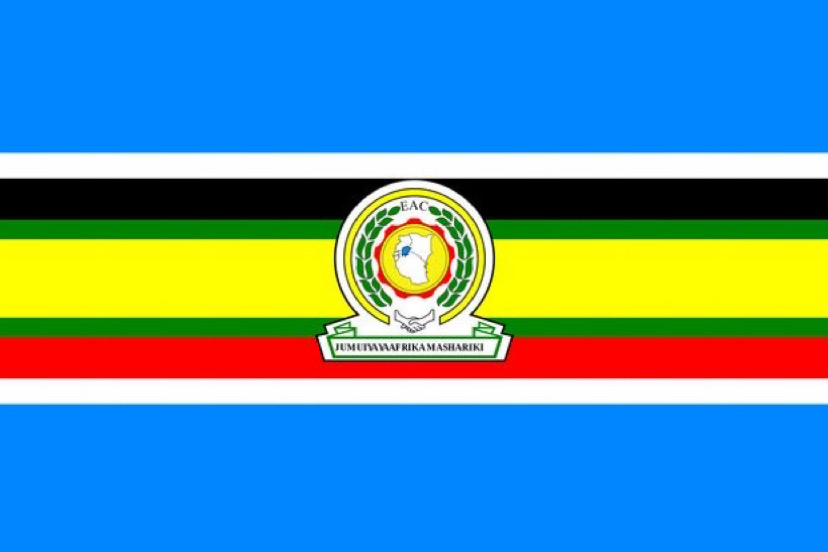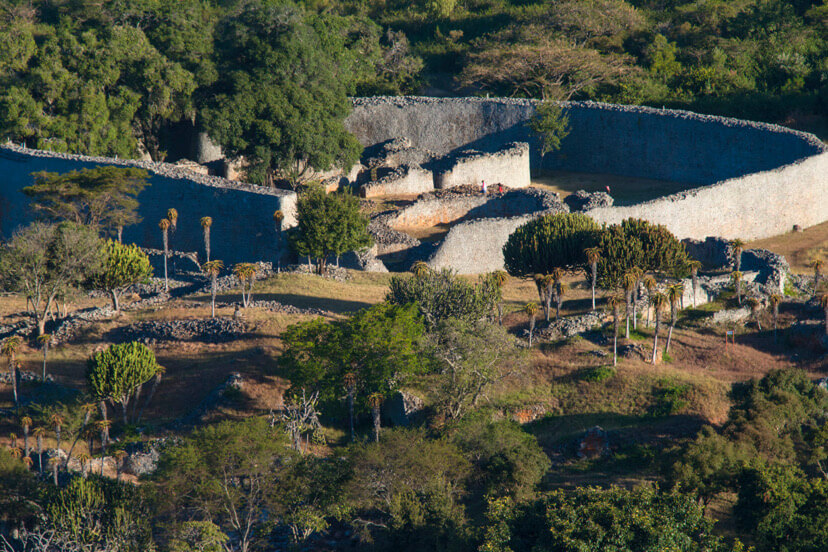I'm a Zimbabwean born writer whose work has had the privilege to be published in magazines across Africa. I holds a Bachelor is Arts Honours degree from Midlands State University as well as a Post Grad Diploma in Media Studies from the same institution. I've worked with esteemed organisations such as Writers Space Africa, AfroBloggers, What's On In Cape Town, Southern African Times and Atlantic Seaboard Views Magazine.
I’m from Zimbabwe, and the events taking place in Uganda right now strike a stark resemblance to those of 2018 in Zimbabwe. The disputed election, intimidated electorate, social media bans and the petition against the Presidential election result all serve a rich platter of déjà vu for every Zimbabwean right now, true story.
Had you been with me, I would be telling you that, a Ugandan judge has ruled that security forces cannot detain the presidential challenger Bobi Wine inside his home, rebuking authorities for holding the candidate under house arrest after a disputed election. Bobi Wine, whose real name is Robert Kyagulanyi Ssentamu, has been unable to leave his home since 14 January, when Ugandans voted in an election in which the singer turned politician was the main challenger to Yoweri Museveni.
Ugandan authorities have said Bobi Wine can only leave his home on the outskirts of the capital, Kampala, under military escort because they fear his presence in public could incite rioting. But the judge said in his ruling that Bobi Wine’s home is not a proper detention facility and noted that authorities should criminally charge him if he threatens public order.
Bobi Wine’s associates welcomed the courtroom victory, however it remains to be seen if authorities will respect the judge’s order in this east African country, where similar orders have been ignored in many cases.
Museveni won the election with 58% of the vote while Wine had 34%, according to official results. Bobi Wine insists he won and has said he can prove that the military was stuffing ballot boxes, casting ballots for people and chasing voters away from polling stations. Wine has accused Museveni of staging a “coup” in last week’s election and is urging his supporters to protest against his loss through non-violent means. Any Zimbabwean will tell you that this route will not yield any result as far as turning the result is concerned. One would think these African leaders were born by the same mother.
However, Bobi Wine suggested in a statement on Friday 22 January that he might not go to court to challenge the official results because of concerns that a possible loss there, would validate Museveni’s win. He said he would announce a decision “in a few days”.
Meanwhile, Museveni has dismissed allegations of vote-rigging, calling the election “the most cheating-free” since independence from Britain in 1962. Did he just concede to cheating in other elections prior to these?
Uganda’s election was marred by violence in the run-up to polling day as well as an internet shutdown that remained in force until four days after the election. Social media sites remain restricted.
It is very important to note that, there has never been a peaceful transfer of power in Uganda – one reason why even some within the ruling party publicly urge Museveni to preside over an orderly transition.
Anyway, with the security forces having been ordered to withdraw immediately, Bobi Wine still has at least four days to file a court petition challenging the result of the vote. If he takes that route, the court must hear and rule on the petition within 30 days.
Bobi Wine has reportedly said that Ugandans had a right to protest if they so wished, though he did not outright call on his supporters to take to the streets. He is not the first Ugandan opposition leader to be kept under home confinement. Kizza Besigye was kept under house arrest for more than two months after the 2016 election.
Following the 2011 election, Dr Besigye launched a series of walk-to-work protests, rather than challenge the poll result in court. They were all violently broken up by the security forces.
I get to wonder, how then do these politicians get to sleep at night, knowing fully well that the public is unhappy with their rule? Is it safe to say opposition politics is not going to achieve anything in Africa, at least for now??











{{username}}{{commentConvertedTime}}
{{commentText}}